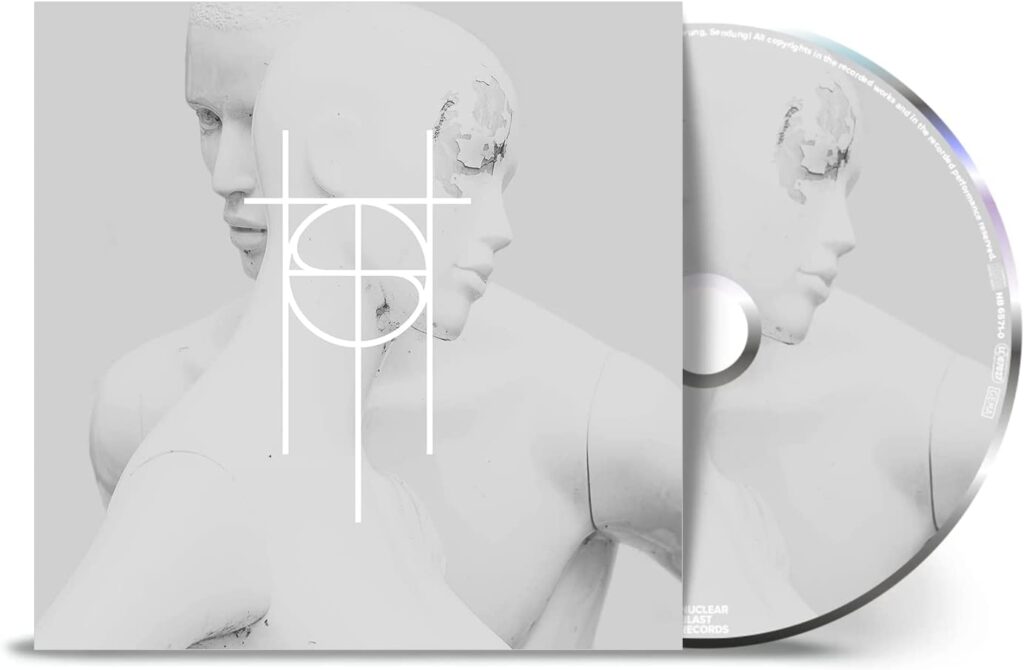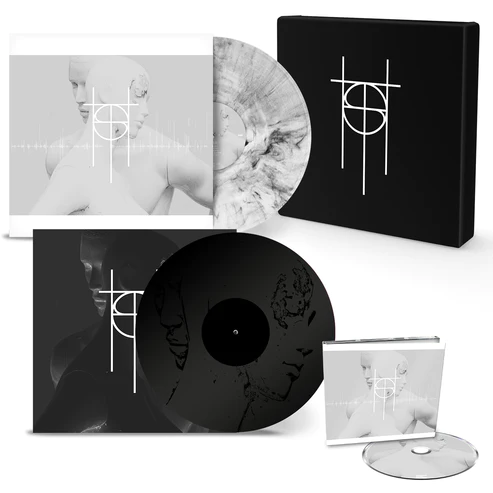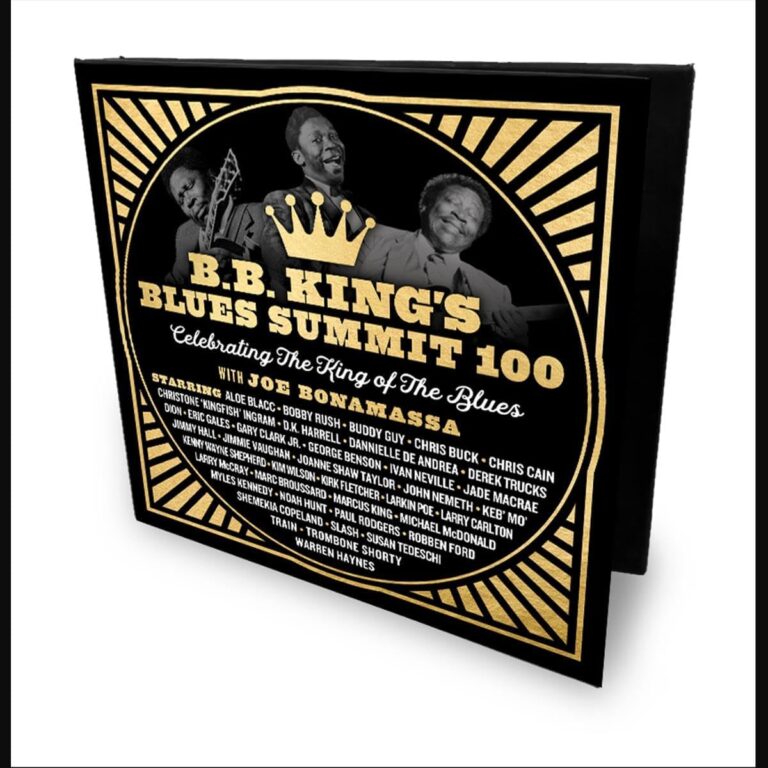
Introduction
They always said it should have been a side project. And now, some twenty-four years after Paradise Lost released the woefully underrated Host, Nick Holmes and Greg Mackintosh have stepped aside from the mothership, naming themselves for that album, to release the enigmatically titled IX. With familiar Paradise Lost helmsman Jaime Gomez Arellano on board (and also providing drums on three tracks), it’s a sumptuous sounding album that serves to validate the band’s instincts all those years ago, drawing on a mix of influences ranging from Sisters of Mercy and Gary Numan to Depeche Mode and NIN, while maintaining a core sound that will remain familiar to Paradise Lost Fans. Indeed, as Host has only gained in stature in the intervening years, it’s easy to imagine this release receiving a more open-minded reception and, such is the quality, that it certainly deserves it.

Versions
The album is available in a variety of tempting formats. Our review copy is on gorgeous white vinyl, which features the nine core album tracks and an oversized booklet. The vinyl is well pressed and crackle free, while the gatefold sleeve looks the part. The oversized booklet is also an attractive extra, although being fold out, it is somewhat unwieldy. You can also order the album in white-gold marble from the webstore.
For those who prefer CD, the album is available as a digipack, complete with three additional tracks: I Ran, Hiding From Tomorrow (Lustmord Remix) and Tomorrow’s Sky (GosT Remix).
For the uber-fan, there’s also a box set, which features the white vinyl, the bonus tracks on black vinyl and the digipack. Like the white-gold vinyl, this is exclusive to the band’s official store.
The Album
Opening track Wretched Soul kicks off with a subtle acoustic riff before dark bass and triphop rhythms emerge. It’s a slow burning opener, building on the experimentation of the Host album and showing that Greg and Nick have learned a few new tricks since then. With a low register vocal from Nick and strings sweeping through the mix, it’s an intriguing curtain raiser that hooks you in and sets a high bar for the album that follows. Next up, Tomorrow’s Sky takes a leaf from New Order’s book of dancefloor anthems, with an arpeggiated synth line anchored by a rock-solid beat. Far more accessible than anything the band attempted on Host, this is music for the masses, assuming that the masses all found themselves sucked into the world of clubs via Wednesday’s dance routine. Yet accessibility does not necessarily mean compromise, and it’s clear from the retro futurism in which the band engage that this is a passion project contemplated for a long time and only reaching fruition at a point when audiences are more attuned to this kind of genre fluidity. Jaime lends a hand on drums for the piano led Divine Emotion, a gritty, NIN-influenced piece that snaps sharply into focus for a chorus that will stick firmly in your mind. Upping the tempo, the gleaming Hiding From Tomorrow is a brilliantly expansive anthem and it says much of the band’s ability to engage in a manner that is impressively timeless, that the track could just as easily have emerged in 1999 as 2023. Depeche Mode emerge as the primary influence here, especially in the way the track moves from its everything-but-the-kitchen-sink opening to a verse pared down to just synth, drums and vocals, and it stands as an album highlight. The first side concludes with a slower number, the downbeat A Troubled Mind, which sits closest in style to the original Host, modern production tricks notwithstanding.
Opening the second side, Host embrace the darkness with the creeping despair of My Only Escape. It builds to something heavier, but the sense of lingering threat remains within the throbbing bass line that lies at the track’s heart. The album reaches its peak with the remarkable Of Suspicion. The sort of ambitious, cinematic track that you can imagine playing over the trailer to a dystopian movie, it’s a stunning piece of music that will cause even the most jaded of listeners to sit up and pay attention. It’s followed up by the equally brilliant Inquisition, a trip-hop influenced track that seems to revel in the darkness it evokes. Closing track Instinct slowly hauls itself from a miasma of haunting vocal samples and dirty bass, only for a taut bass beat to emerge, driving the album headlong towards its conclusion. Harking back to Depeche Mode’s unimpeachable Ultra, with elements of Fields of the Nephilim thrown in for good measure, it is a powerful finale, and it leaves the way open (hopefully) for a sequel.
IX is a fantastic sounding album, packed with hooks and perfect for the dark, velvet curtained night clubs that still cater to alternative crowds. It’s not quite perfect. Where Host tempered its harder electro edge with the unutterably gorgeous It’s Too Late, IX aims squarely for the dancefloor, but it is, nonetheless, an incredibly impressive, flawlessly produced record that provides Host with a long-deserved follow up. 9/10



